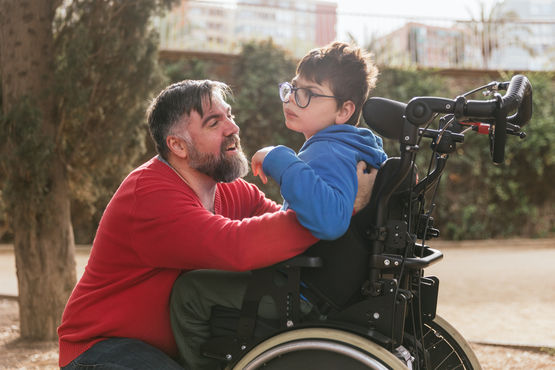Are you supporting a loved one (relative, child, friend) who is incapacitated?
Are you helping this person with their:
- Groceries and errands?
- Transportation and appointments?
- House cleaning?
- Personal care?
- Personal affairs and finances?
- Treatments and medical care?
Are you supporting this person:
- Emotionally or socially?
- Through end of life?
If you answered yes to one or more of these questions, you’re probably a caregiver.





